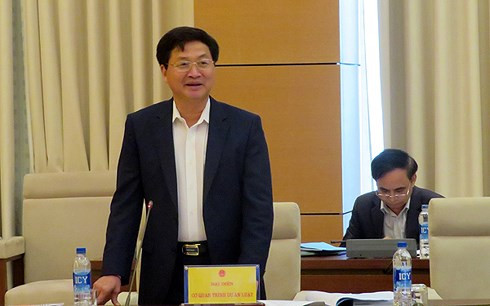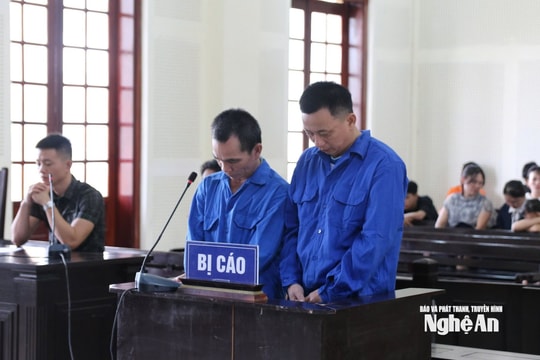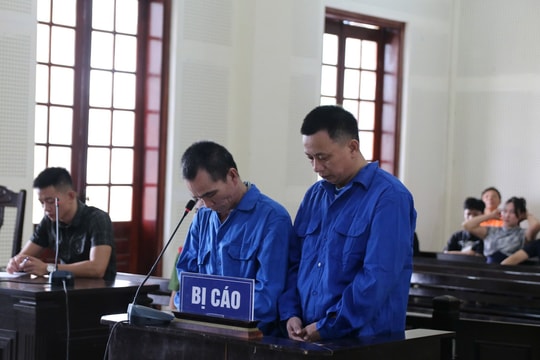Proposal to collect 45% of the value of unusual assets of officials
Assets and income declared dishonestly or not declared; assets and income that fluctuate without reasonable explanation will be subject to tax collection.
Reporting on the explanation and acceptance of the draft revised Law on Anti-Corruption at the review session of the National Assembly's Judiciary Committee this morning (March 5), Government Inspector General Le Minh Khai said that regarding the handling of assets and income that are declared dishonestly or undeclared; assets and income that fluctuate without reasonable explanation, through research from many countries around the world, the handling is carried out through the main methods, including: handling through criminal judgments of the Court, through civil proceedings, through administrative sanctions (confiscation of assets and income) or tax tools (collection of personal income tax).
The Government proposes a solution through the collection of personal income tax on assets and income that are not truthfully declared or assets and income that are not reasonably explained, and considers this as irregular income that the declarant or the declarant's spouse or minor children must pay according to regulations.
|
| Government Inspector General Le Minh Khai. |
According to the Government Inspector General, if the current personal income tax law is applied similarly, the tax rate applied to collect tax arrears could be 45% of the value of assets and income declared dishonestly and not reasonably explained at the time of verification.
Deputy Chairman of the Judiciary Committee Nguyen Manh Cuong said that the Committee's research team's opinion is that there are still no regulations on handling assets that the owner has acquired in an unusual way, without explanation or without reasonable explanation of legal origin, while these are assets with potential risks of originating from corruption and violations of the law. Therefore, the research team believes that the draft law adding regulations on handling these types of assets is very necessary.
However, according to the research team, the draft law's general provision of a form of handling for all cases of dishonest declaration, assets, and additional income that are not reasonably explained is inappropriate.
In fact, assets and income that are not truthfully declared, and assets and income that are increased without reasonable explanation can be divided into different categories and have different natures and levels of violations, so they need to be handled differently.
The draft also needs to add provisions on the minimum value of dishonestly declared assets that will be handled to ensure consistency in implementation.
Mr. Cuong also said that many opinions agreed with the handling through personal income tax collection for assets and income that cannot be reasonably explained at the rate of 45% with the argument as reported by the Government. At the same time, they agreed with the regulation that tax collection does not exclude the handling of criminal liability or confiscation of assets if it is later proven that the assets are illegal or obtained from crimes./.









